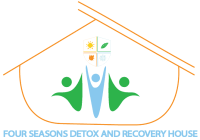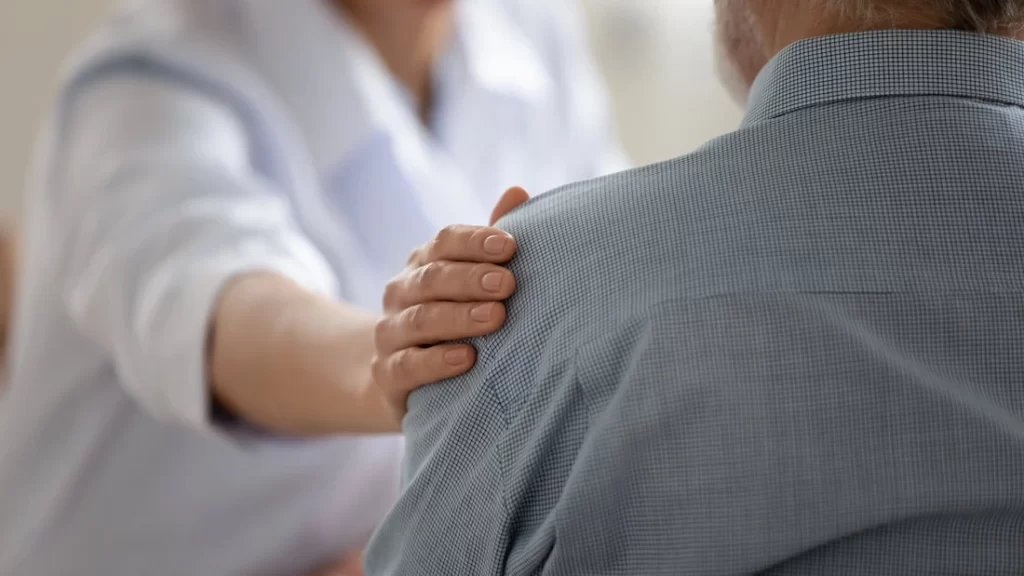In recent years, the conversation around addiction has shifted from punishment to compassion, and from stigma to support. At the center of this shift is harm reduction, a public health approach that meets people where they are and focuses on minimizing the negative consequences of drug use rather than demanding immediate abstinence. It’s a philosophy rooted in empathy, dignity, and practical strategies—and it saves lives.
What Is Harm Reduction?
Harm reduction refers to policies, programs, and practices aimed at reducing the adverse health, social, and legal impacts of drug use, without necessarily requiring people to stop using drugs altogether. It recognizes that drug use is a complex and deeply personal issue and that many individuals are not ready—or able—to stop using immediately.
Some examples of harm reduction strategies include:
- Needle exchange programs to reduce the spread of HIV and hepatitis
- Safe consumption sites where individuals can use drugs under medical supervision
- Distribution of naloxone (Narcan) to reverse opioid overdoses
- Education about safer drug use practices
- Medication-assisted treatment (MAT) options like methadone or buprenorphine
Rather than pushing people away from services because they aren’t abstinent, harm reduction draws them in, offering support, safety, and a path toward recovery when they’re ready.
Why Harm Reduction Matters
It Saves Lives
One of the most immediate and critical impacts of harm reduction is the prevention of fatal overdoses. With overdose deaths at record highs in many areas, especially involving opioids and fentanyl, having naloxone readily available and teaching people how to use it can mean the difference between life and death.
It Reduces the Spread of Disease
Needle sharing is a major vector for infections like HIV and hepatitis C. Syringe access programs have been proven to dramatically reduce transmission rates.
It Builds Trust
Harm reduction services are often the first point of contact between people who use drugs and the healthcare system. When people are treated with respect and compassion—without judgment—they’re more likely to return for help, seek medical care, and eventually consider treatment options.
It Promotes Dignity and Autonomy
Many traditional addiction treatment approaches require abstinence as a condition for care. Harm reduction, in contrast, respects a person’s autonomy. It allows individuals to take small, manageable steps toward improved health and well-being, which can ultimately lead to readiness for long-term treatment and recovery.
It Creates a Bridge to Recovery
Harm reduction doesn’t oppose abstinence—it simply doesn’t make it a requirement. For many people, harm reduction programs are the first stepping stone toward entering treatment and achieving sustained recovery. By providing non-judgmental support and practical tools, these programs keep the door open to change.
Addressing the Stigma
One of the biggest challenges harm reduction faces is stigma. Critics often mistakenly believe that these approaches encourage drug use or fail to address the root of the problem. But evidence consistently shows the opposite: when people are supported instead of punished, they are more likely to seek help and pursue healthier choices.
Harm reduction recognizes that addiction is not a moral failing—it’s a health issue. Just like we offer care and compassion for people with diabetes or heart disease, those struggling with substance use deserve the same respect and medical support.
Harm Reduction and Comprehensive Treatment
Harm reduction isn’t an endpoint—it’s part of a larger continuum of care. At Four Seasons Detox Center, we understand that recovery is not always a straight line and that everyone’s journey looks different.
Our approach combines medical detox, therapeutic services, and treatment planning with compassion, patience, and respect. Whether you’re ready to pursue sobriety or just want to take safer steps in your life, we’re here to help.
Begin Your Healing Journey at Four Seasons Detox Center
If you or someone you care about is struggling with substance use, you don’t have to face it alone. At Four Seasons Detox Center, we provide compassionate, evidence-based care that honors each person’s unique path. We’re here to meet you where you are—and help you get where you want to go. Reach out today to learn more about our treatment programs.



